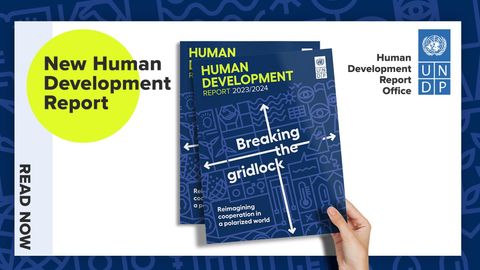Uzbekistan urges citizens in Israel to consider temporary departure amid tensions
15:34 / 02.03.2026
Uzbek soum strengthens 6.9% in 2025, says Central Bank of Uzbekistan
15:11 / 02.03.2026
Air pollution spikes in Tashkent as Uzbekistan cites temperature inversion
14:30 / 02.03.2026
Uzbekistan reaffirms sovereignty, calls for restraint amid Middle East tensions
13:30 / 02.03.2026
Turkmenistan’s Arkadag city construction advances with focus on medical cluster facilities
12:30 / 02.03.2026
Recommendations
Menu
Good news:
Tags
Grow your business with us
Advertise on Daryo.uzIndividual approach and exclusive materials
Ad-free site readingSubscribe
25 000 sum per month






Comments
To leave a comment, first